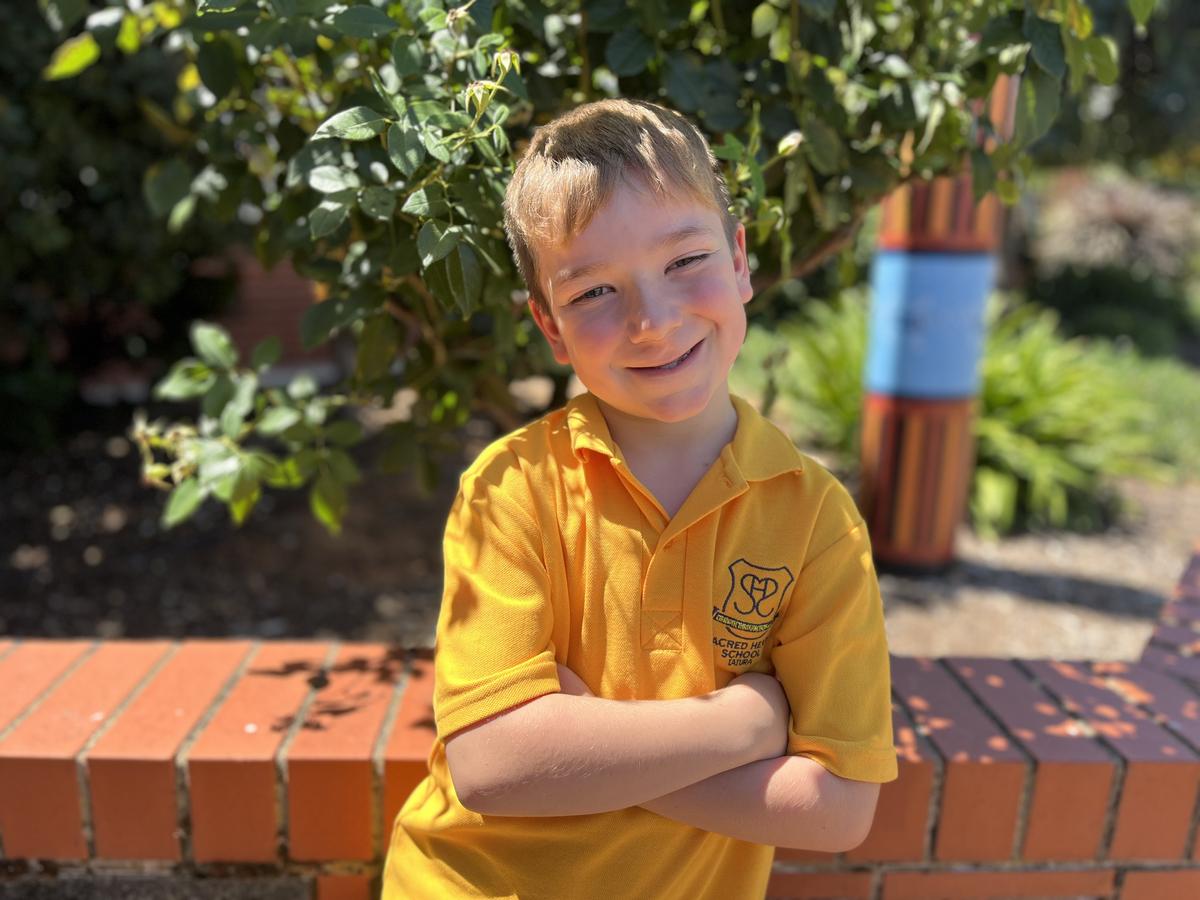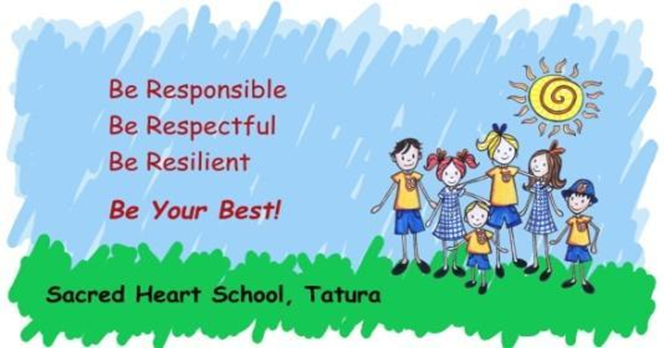Thrive & Flourish

Dear Parents and Caregivers,
Just readvertising this information about eSafety as a support for families.
eSafety webinars for parents - Term 1, 2024.
The eSafety Commissioner provides a variety of resources, including webinars, to give parents and carers the knowledge, skills and tools to support their children to have safe online experiences.
Topics for Term 1 include:
*eSafety 101: How eSafety can help
*Understanding how to support your child with online gaming
*Understanding parental controls to safeguard your child
*Online safety and social media: TikTok, Youtube and Instagram
For more information and to access the webinars, please use the following link to access the website:
AIFS Peer Relationships Online - Parent Webinar
Wednesday 21 February 2024
1.00pm - 2.00 pm
Registration Link:
This free parent webinar will explore ways to support young people to develop positive peer relationships in online spaces to promote wellbeing.
This webinar will help you:
- understand the similarities and differences between online and offline peer relationships and interactions
- understand the benefits of online peer relationships for young people and some of the challenges they experience while navigating them, including their impacts on mental health and wellbeing
- develop insight into how to support young people to develop positive peer relationships in online spaces and how families can encourage these positive relationships.
Social Media and Children
Most of us use some form of social media and have a profile on a social networking site. Many visit these sites every day. Children are no exception to this rule. The age of those accessing social media is getting younger and younger, which means parents need to be aware of the positives and negatives of our children accessing this at home.
There are plenty of good things about social media — but also many risks and things children and preteens should avoid. They don't always make good choices when they post something to a site, and this can lead to problems with friendships and at times their safety.
To help them find the balance, it's important to talk with your children about how to use social media wisely.
Social media can help children:
- stay connected with friends and family
- volunteer or get involved with a campaign, nonprofit, or charity
- enhance their creativity by sharing ideas, music, and art
- communicate with educators and fellow students
- learn about current events
The flipside is that social media can be a hub for potentially harmful or questionable activities.
Privacy & Safety
Children should know about privacy and safety. Without meaning to, they can share more online than they should. Many children post photos of themselves online or use their real names on their profiles. They also might reveal other personal details such as their school’s name or birthdate, etc.
Mental Health Effects
Spending too much time on social media can have negative mental health effects. Sometimes it’s not just how much time children spend on social media, but how it's used that can affect their mood. For example, seeing how many "friends" others have and the pictures of them having fun can make children feel bad about themselves or feel like they don't measure up to their peers.
Time Drain
Children sometimes spend so much time on social media that they don’t have enough hours in the day for doing homework, reading, exercising, sleeping, spending time with loved ones, or enjoying the outdoors.
What Can Parents Do?
It's important to be aware of what your children do online. The key is to stay involved in a way that makes your children understand that you respect their privacy but want to make sure they're safe.
Tell your children that it's important to:
- Be nice. Mean behaviour is not OK. Make it clear that you expect your children to treat others with respect, and to never post hurtful or embarrassing messages. And ask them to always tell you about any harassing or bullying messages that others post.
- Think twice before hitting "enter/send". Remind children that what they post can be used against them.
- Follow the "WWGS?" (What Would Grandma Say?) rule. Teach children not to share anything on social media that they wouldn't want their teachers, future friends, — and yes, grandma — to see.
- Use privacy settings. Privacy settings are important. Go through them together to make sure your children understand each one. Also, explain that passwords are there to protect them. They should never share them with anyone, even a best friend.
- Don't "friend" strangers. "If you don't know them, don't be friends with them online."
And don't forget: Setting a good example through your own virtual behaviour can go a long way toward helping your children use social media safely.
We welcome any emails or calls if families wish to seek support and can be contacted via email at any time or a phone call to school.
Email:
Tony McDonald: tmcdonald@shtatura.catholic.edu.au
Felicity Bryant: fbryant@shtatura.catholic.edu.au
Deb Turvey: dturvey@shtatura.catholic.edu.au
If ever you need help sorting out personal or family issues, give CatholicCare Victoria a call. They offer many services to all members of our community – ALL FREE.
Have a great fortnight everyone.
Liam's Joke of the Week
Q: Why did the cow cross the road?
A: To get to the moo-vies!




